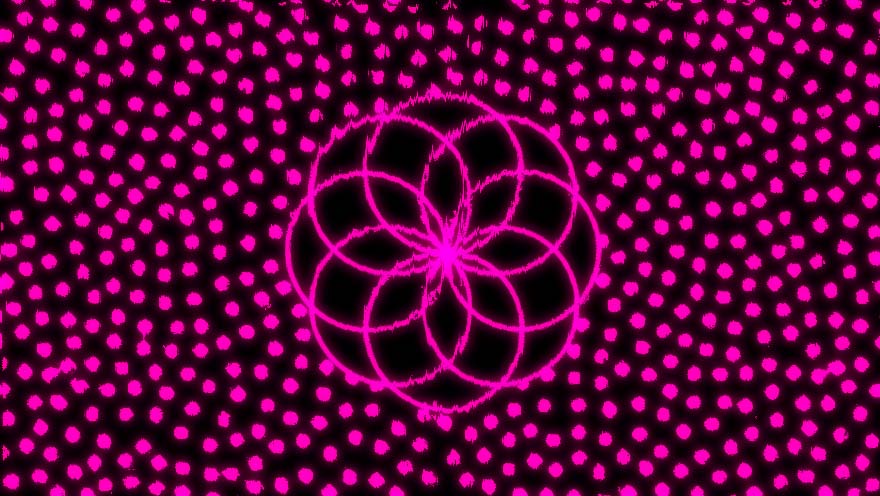© Defiant Media Inc 2022
Advertisement
Seven Founding Projects Include Acala, Astar and Interlay
By: Samuel Haig
Seven of Polkadot’s leading projects have joined forces to establish standards and ethics for open-source development, the new collective said on Nov. 30.
The Polkadot Alliance was founded by Acala, Astar, Interlay, Kilt, Moonbeam, Phala, and Subscan, seven of the top projects occupying Polkadot’s parachain slots. The on-chain collective aims to support development standards and expose bad actors within the ecosystems of Polkadot and its sister canary-chain, Kusama.
“During a time when credibility and viability are critical to the future of Web3… the community is in dire need of community-led standards and ethics,” the collective said in the announcement. “The Polkadot Alliance will not have any governance powers but seeks to protect the Polkadot brand, recognize ecosystem contributors, and uphold a community code of ethics.”
Ingo Rube, the founder of Kilt, a Polkadot-based identity service, told The Defiant the idea for the Polkadot Alliance has been brewing for more than a year. It started in response to dishonest projects falsely claiming affiliation with the Polkadot ecosystem or rebranding open-source code as their own as the previous bull cycle heated up.
Will Retain Title Of ‘Chief Architect’
“A lot of projects which were not really aiming to be parachains… called [themselves] ‘Polka-something’, raised some money, and then ran away with it,” Rube said. “That happened quite a lot [and] was not good for the Polkadot ecosystem.
Polkadot is a Layer 0 protocol that lets devs build Layer 1 blockchains called “parachains” on top of Polkadot. They enjoy the shared security offered by Polkadot’s vast staking network.
Polkadot’s Layer 0 relay chain only supports asset transfers and staking functions, with parachains providing advanced and specialized features like smart contract execution or identity services.
Polkadot’s 100 parachain slots are issued to projects that lock up DOT network tokens over 6-month, 12-month, or two-years lease periods. Ten parachains are reserves for infrastructure projects like Subscan, which provides block explorer services for the Polkadot ecosystem.
“We have to protect the name Polkadot [and] make it possible for people who are building inside the ecosystem to have their intellectual property, in a way, protected,” Rube said. “In Polkadot, not a lot of shit has happened… There are a lot of very committed teams building really great stuff… I think we have a great chance… to establish the Polkadot ecosystem as somewhere utility is being made.”
Wood Says Gov2 Code To Launch on Kusama ‘Imminently’
Projects that are not founding “fellows” that would like to join the alliance can do so as “allies,” and can become voting members by locking up 1,000 DOT as a sign of their commitment to the project.
Rube urged other projects to join as allies with voting rights, conceding that the alliance would be quite centralized if it only comprised the founding members issuing a verdict on which actors are good and bad within the ecosystem.
A lot of projects which were not really aiming to be parachains… called themselves Polka-something, raised some money, and then ran away with it.
“Maybe one of us is a bad actor and it should be possible to kick us out if we’re not doing good, so we have to decentralize as much as possible,” Rube said.
The alliance will be hosted on the Collective Common Good Parachain, taking up one of the ten parachain slots allocated to projects providing infrastructure for the Polkadot ecosystem.
Rube described Common Good Parachains as a democratic mechanism designed to support development that benefits the broader Polkadot community without generating returns for the entity working on it, such as SubScan, which provides block explorer services to the network.
Common Good Parachains do not have a native token and their parachain slots are automatically renewed when a lease period expires, meaning they do not have to lock up DOT to secure a parachain. “A common good parachain means there is no business model behind it,” Rube said.
Get the 5-minute newsletter keeping 80K+ crypto innovators in the loop.
Samuel Haig•
Owen Fernau•
Aleksandar Gilbert•
Aleksandar Gilbert•
Samuel Haig•
Advertisement

